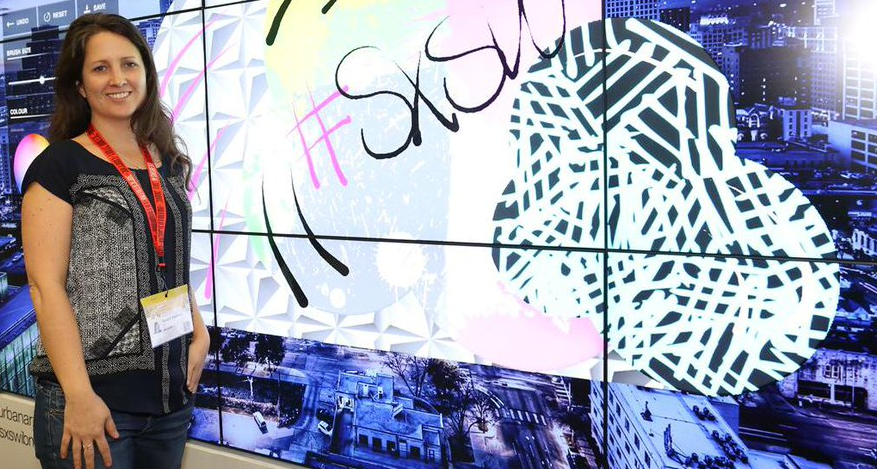Internet of Things.. How About Internet of Caring Things?
2016
Apr 30
Apr 30

For the first time in history, there already are more elderly people than children in many countries. This is creating a societal crisis as many countries face the challenge of supporting an expanding aging population.
Susann Keohane, IBM Accessibility Senior Technologist, has recently given a speech at SXSW Conference on the Internet of Caring Things and she’s coming to the LOGIN Startup Fair to elaborate further on this matter. She will be on the Conference stage at 15:45 on Thursday, just between the first and second batches of Startup Battle participants.
We had a quick word with Susann while she is preparing for the talk at the LOGIN Startup Fair.
So how technology is and will be changing the lives of the elderly?
The goal will be to leverage technology through the Internet of Caring Things (IoCT), a network of connected devices, sensors and cognitive systems that allow family members, doctors and caregivers to proactively monitor the health and well-being of the world’s aging population.
Elders are not heterogeneous and each person will be impacted by age differently due to genetics, diet, lifestyle and so on. Through cognitive "assistants," we will deliver personalized insights and timely recommendations to individuals or caregivers about their health as physical or environmental conditions change.
What are the challenges involved in this transition?
Introducing new technologies into people’s lives will always be challenging due to usability or personal interest, especially when the target population is typically one who partially or has never fully embraced digital devices. The combination of accessible technology and IoCT will become essential components to an age-friendly environment. Making technology transparent to the end-user will help reduce stress and eliminate any notion of an invasion of privacy, such as using sensors instead of cameras. This is designed to help people have more control over everyday activities, strengthen their overall happiness and enrich the quality of life.
What solutions you most excited about to be implemented in real world?
The effectiveness of new cognitive systems relies not just on an accessible interface or on the sensors in a person’s home or on their body, but also the quality of the analytics: how information is sifted, processed, learned and how structured data is integrated with other forms of unstructured data from social activities and informal care provision. Combined with cloud, security and the Internet of Things, cognitive computing will help create context-driven systems that understand everyone’s information consumption patterns in order to deliver a secure and personalized user experience on any device.
Mobile applications built around an elderly person's daily needs that help keep them more connected to family, caregivers and doctors, and enable proactive alerts about medications, reminders about exercise and dietary recommendations. All of this is based on real time, personalized analytics, combining health record data with consumer data from wearable devices and sensors around the home. We can further expand the application to provide better support to the individual’s participation in community activities by analyzing environmental factors such as current weather conditions and traffic patterns. All these insights, combined with personal technology, such as text-to-speech, voice and facial recognition, multi-modal authentication and location-based services, could help deliver information in the most consumable way and help improve the user’s overall human experience.
See Susann together with a dozen of other exciting speakers at the LOGIN Startup Fair. Don't forget it's 100% free to attend – you will not even need LOGIN conference tickets to play around at the Hardware District, to meet 50+ startups from Lithuania and neighbouring countries and much more.
